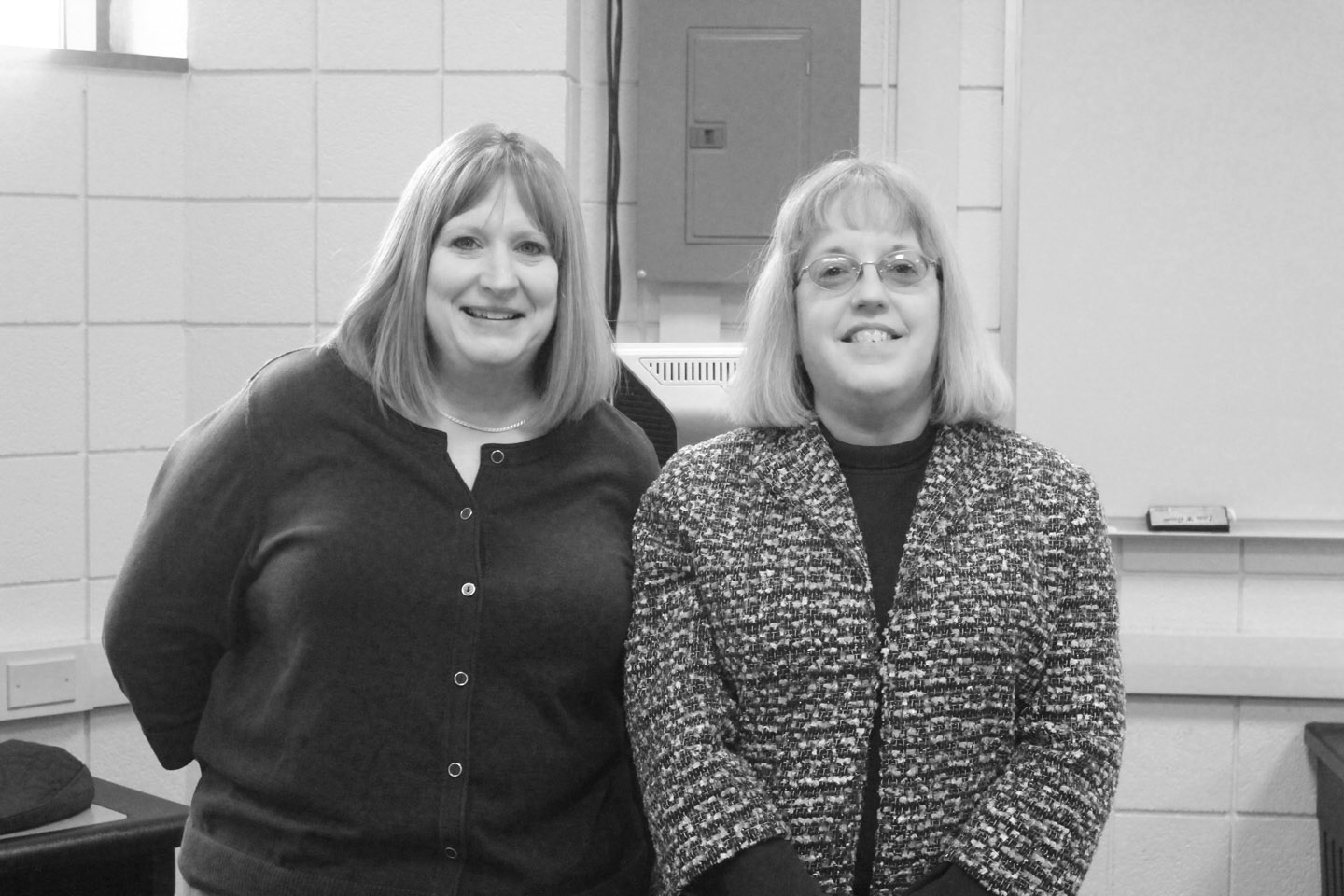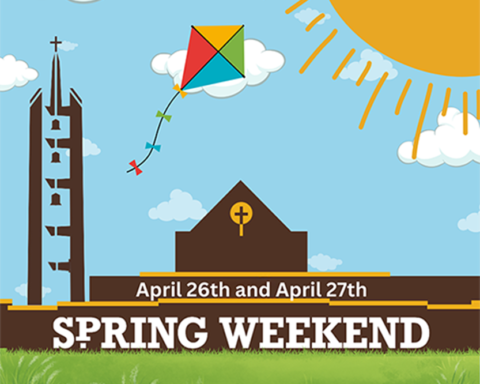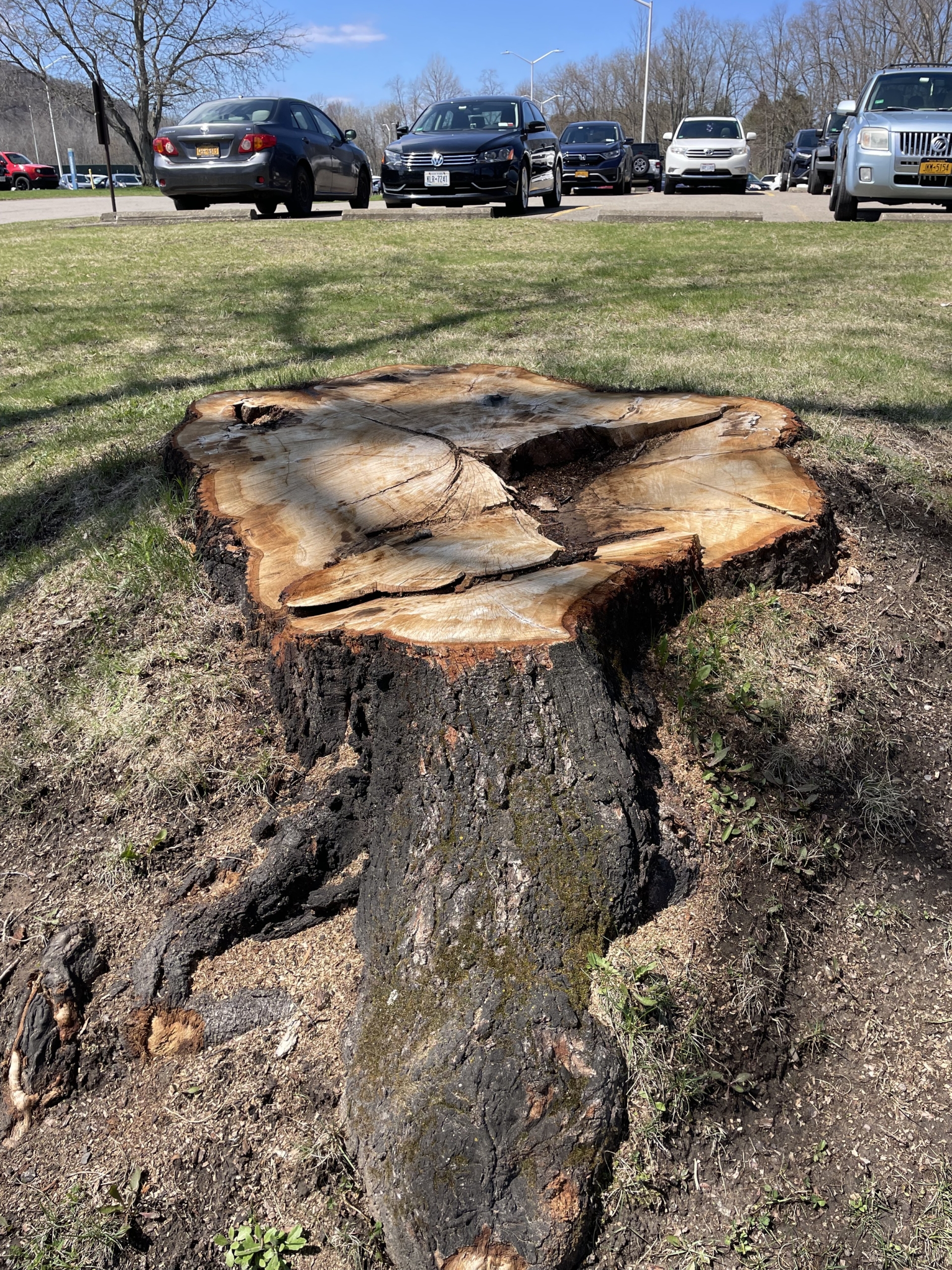By Bryce Spadafora
Contributing Writer
“Plagiarism is the fear of a blank page.” If this quote were not attributed to philosopher Mokokoma Mokhonoana, it would be plagiarism.
Associate library director Ann Tenglund and instructional technology support Karla Bright hosted a Turnitin Workshop for faculty and staff on Tuesday.
The workshop focused on the plagiarism checking software Turnitin.com and how faculty can use it efficiently.
To avoid plagiarism, Turnitin compares submissions to articles on the Internet. Turnitin also saves every paper submitted by a student. If a student submits a paper that matches up with one in Turnitin’s database, then the student’s professor is notified.
Besides evaluating the originality of work, Turnitin lets professors grade students’ work online. The software also has an option for peer reviews on submissions.
Karla Bright explained that she believes Turnitin is a valuable resource.
“It can be used as a teaching tool,” Bright said. “It can show a student what he or she not doing correctly.”
Tenglund and Bright also had a Turnitin workshop yesterday aimed at students. The workshop taught atendees how to submit work to Turnitin and how to read the originality reports the software provides. Tenglund and Bright also explained to students how they can use Turnitin’s Grademark feature to view an instructor’s comments on their submissions.
Another focus of the workshop was discussing how to correctly cite a source.
“Students want to do things properly but [have a] lack confidence in how to cite properly,” Tenglund said.
In a study led by Donald McCabe of Rutgers University, 36 percent of 63,700 undergraduate students admitted to paraphrasing sentences from an Internet source without providing a citation, while 24 percent of graduate students confessed to doing the same.
The same study found that 38 percent of undergraduates have copied from a written source without citing. Seven percent of graduate students admitted to doing the same.
McCabe also found that 17 percent of the undergraduates admitted to cheating on tests, while 40 percent of undergraduates admitted to cheating on written assignments.
Junior journalism and mass communication and Spanish double major Whitney Downard said she was disappointed by the results of the study.
“I had better faith in humanity, I guess. I definitely think plagiarism is a big problem. In high school they stressed not copying other’s work and citing correctly,” Downard said. “It’s asking to get fired in the future. If you start these bad habits now, where are they going to take you?”
Downard confirmed she is no stranger to plagiarism. In high school, she explained, plagiarism was common.
“In high school my friend completely plagiarized one of her papers. I’ve never understood why,” Downard said. “You’re here to get an education, not cheat your way out of it. I knew a lot of friends who actually used their older sibling’s papers. Now a lot of my papers are submitted to Turnitin, so none of my siblings can use them.”
When asked if she thought the program would be useful at a college level Downard said, “It would depend on the course. I can think of one or two courses for JMC where it would actually make learning harder. But I think for a lot of things it would, especially Clare courses because that’s where I think people are most likely to plagiarize.”
Sophomore English major Clarissa Ahumada-Aubert had her own opinions on Turnitin’s usefulness.
“Using [Turnitin] took a lot of time, but I get why professors use it,” Ahumada-Aubert said. “I think plagiarism is a big issue everywhere.”




